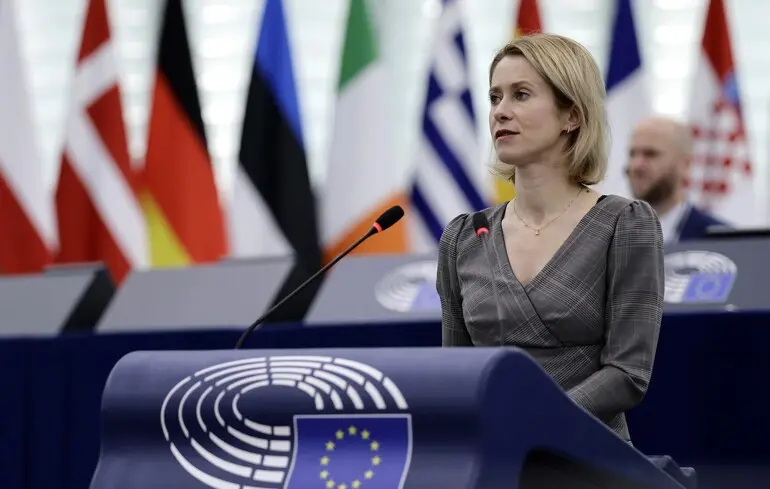EU and Potential Security Guarantees for Ukraine: Roles, Challenges, and Prospects

The European Union’s top diplomat, Kaja Kallas, outlined the opportunities and directions for EU involvement in shaping security guarantee mechanisms for Ukraine, emphasizing the importance of joint efforts amid the current security situation.
She detailed that the EU is ready to contribute through several key avenues: training Ukrainian military personnel, participating in military missions, and supporting Ukraine’s defense industry, according to Interfax-Ukraine news agency.
Kallas noted that all these initiatives could involve both EU member states and neutral countries, showcasing flexibility in engagement options.
She also emphasized that each country independently determines how and what it contributes to the security guarantees, allowing for tailored approaches based on national capabilities and policies.
A critical aspect remains the replenishment of ammunition: discussions are ongoing about accelerating supplies of shells, air defense systems, and other vital equipment needed by Ukraine in today’s combat scenarios.
Kallas reassured that Ukraine can count on EU support, highlighting initiatives concerning security and defense, including a deadline to deliver ammunition by the end of this year.
Additionally, she mentioned discussions around creating a 40-kilometer buffer zone along the front line, which could serve as an additional security mechanism.
Despite these efforts, questions about the West’s willingness to move beyond mere declarations to concrete protective measures persist, as numerous bilateral agreements tend more toward political signals than real security guarantees.
To address these concerns, former Ukrainian envoy to the U.S., Oleg Shamsur, raised the issue of what Ukraine can actually expect from the international community and whether promises will be mere placeholders, leaving the country isolated in facing threats.
Analytical articles explore the reliability and effectiveness of potential guarantees and examine whether Western allies are prepared to provide meaningful security assurances, with special focus on the roles of the U.S.
and the EU in this process.

